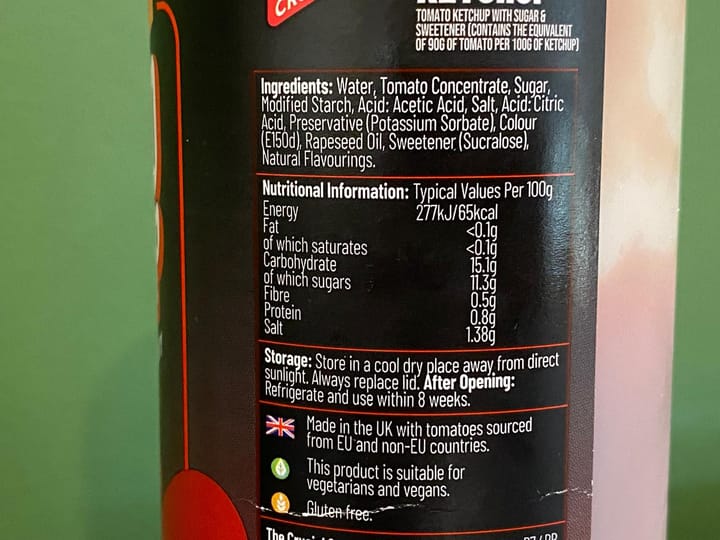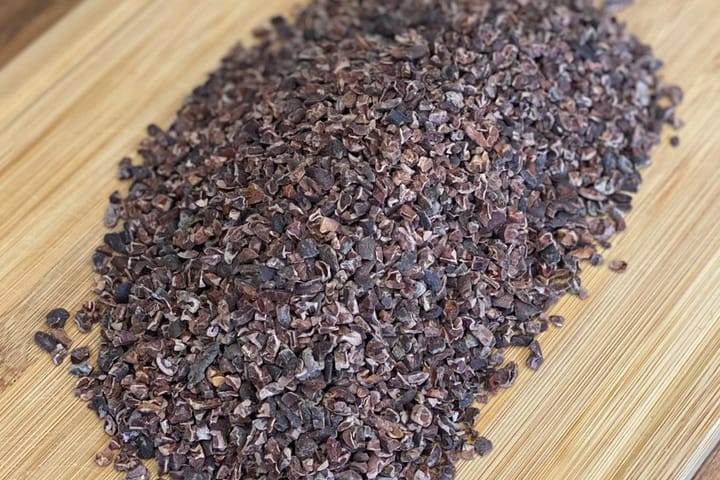Natto can improve cardiovascular health and possibly reduce blood glucose levels
What I learned this week #7 looks at the health benefits of nattokinase
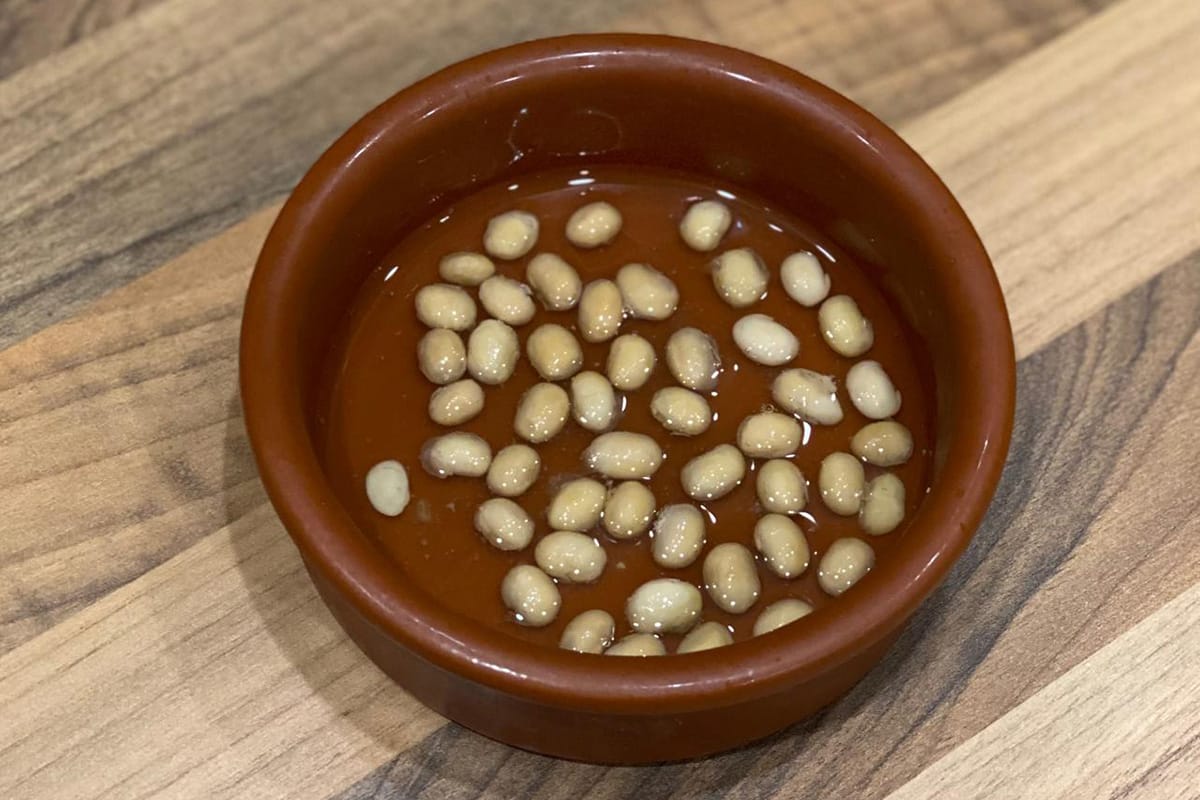
Fermented foods are always high on my agenda when it comes to beating type 2 diabetes. Parmigiano is my regular go-to for smothering just about any hot meal as it is a big hitter in C15 as well as phosphorous, calcium and vitamin B12. With cheese, raw and grass-fed is better where you can find it. Saurkraut is another one that I'm adding more to salads. I've tried making my own and failed epically so am just using the Baxter's pickled saurkraut which is refreshingly free of UPF nasties. I've also previously made my own kombucha as the stuff sold in stores is always full of sugar or UPF flavourings. I need to get the giant mason jar out and get back in the kombucha-habit.
What is natto?
I'd never heard of this food until I saw the video below by Dr Ben Bikman. He is a research scientist specialising in the molecular mechnaisms of metabolism and provides a lot of technical break downs of metabolic disorders such as insulin resistance. Natto is a traditional Japanese dish of soybeans which have been fermented with the particular bacteria, bacillus subtilis.
I haven't seen natto in any supermarkets, and the only place I've manged to get hold of it is in freeze-dried form. To rehydrate it you need to soak it in water for around 4-6 hours so planning ahead is key. I usually use one teaspoon (about 3g) of natto in a about three tablespoons of water - I'm still trying to get the consistency right. It should be gelatinous and sticky so I think I'm still adding too much water.
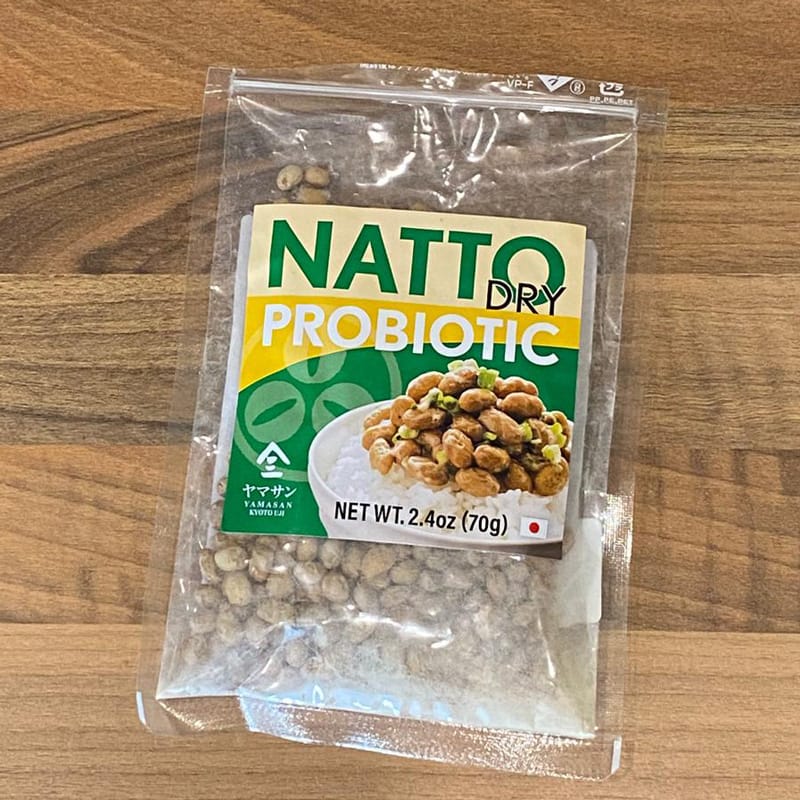
The flavour is mildly nutty and generally a bit bland. I find the viscosity is more off putting than the taste. I made the mistake of getting the first packet with the kombu (seaweed) mix which is very slimy.
Health benefits of nattokinase
Nattokinase is the active enzyme contained in natto that seems to contribute to many cardiovascular health benefits. One main function of nattokinase shown to be beneficial in multiple health studies is its ability to break down the fibrin mesh that contributes to blood clots. In rodent studies, nattokinase has also been shown to reduce lipid peroxidation of LDL cholesterol (this is the genuinely bad part of "bad" cholesterol). This oxidised LDL contributes to the formation of foam cells, a key component in the development of atherosclerotic plaques. One study observed that nattokinase produced a 37% reduction in plaque size versus 25% from a statin.
Nattokinase may also boost lipoprotein lipase, which removes triglycerides from the blood, and has been shown to increase hormone-sensitive lipase (HSL), a key enzyme in the catabolic process of weight loss. HSL enables the breakdown of stored fat into fatty acids (and eventually ketones) for use as energy by the body.
Natto is also a good source of vitamin K2 which promotes the absorption of calcium into bones and teeth instead of arteries and soft tissues, which is another potential mechanism by which it can reduce the risk of atherosclerosis and cardiovascular disease.
The most immediately relevant benefit of nattokinase for people with type 2 diabetes is its potential to improve glucose control. A 2020 study of women with diabetes showed a 50% reduction in fasting glucose levels (versus 22% in a placebo control group) and a 43% reduction in HbA1c (versus 22%). It also showed a 75% reduction in fasting insulin levels, compared to 22% in the placebo group. An interesting point is that the consistent 22% reduction across all markers in the placebo group suggests a possible psychological benefit - maybe simply believing you're eating more healthily can influence metabolism or general food choices.
TLDR list of nattokinase health benefits
- Reduces risk of heart attack and stroke by degrading fibrin which is involved in the formation of blood clots
- Inhibits plaque formation and reduces plaque size (probably more than statins)
- Lowers peroxidised LDL cholesterol
- Lowers triglycerides (a more reliable risk factor of cardiovascular disease than total LDL levels)
- Increases HDL cholesterol
- Lowers triglyceride-to-HDL ratio (a key marker for cardiovascular disease risk)
- Reduces inflammation
- Can help to lower high blood pressure
- Can help with weight loss
- Recent animal studies show a possible reduction in risk of Alzheimer's and Parkinson's disease
- Helps to keep bones healthy and reduces risk of osteoarthritis
- Has been shown to reduce fasting glucose levels
Natto recipe experiments
I've been making a focused effort on having my one teaspoon serving of natto each day and it's going well (the only day I missed was a fasting day). I've been trying to make this rather bland medicinal snack a bit more interesting by adding different ingredients. You can opt for a supplement of nattokinase if you don't fancy trying this gloopy concoction but I generally prefer whole food options - we didn't evolve to absorb nutrients from pills and powders.
Natto with salt, pepper and chives

Natto with chia seeds
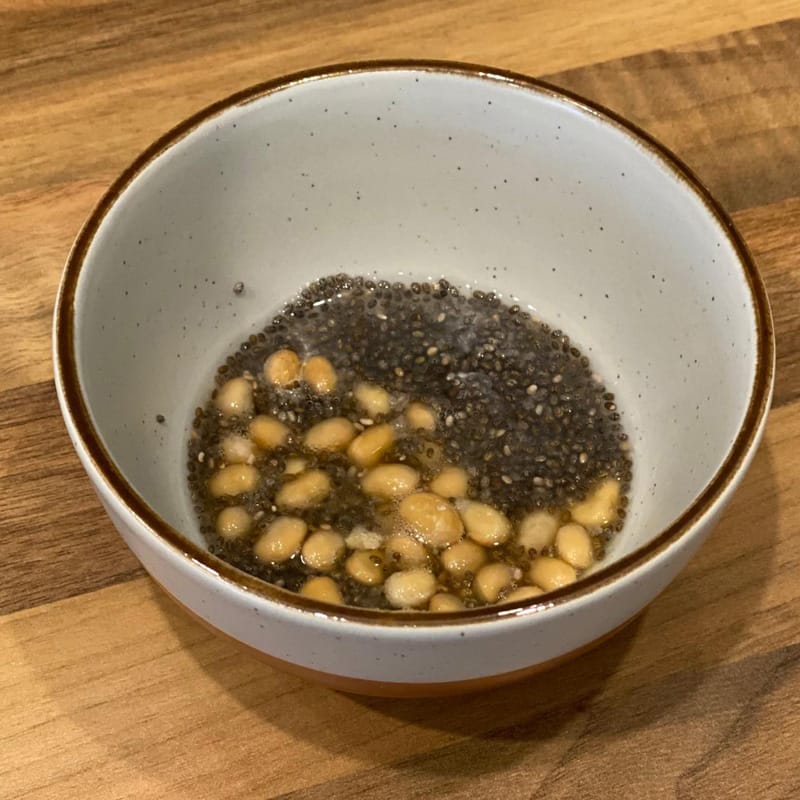
Natto with chia seeds and barberries
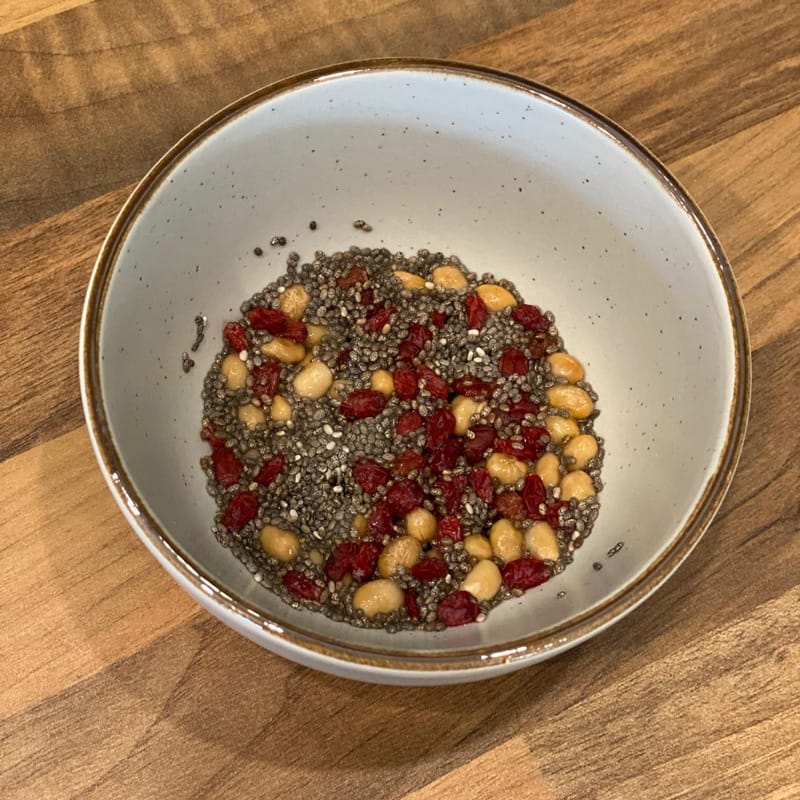
Can Nattokinase Improve Heart & Metabolic Health?
Here's the full video on nattokinase health benefits by Dr. Ben Bikman

